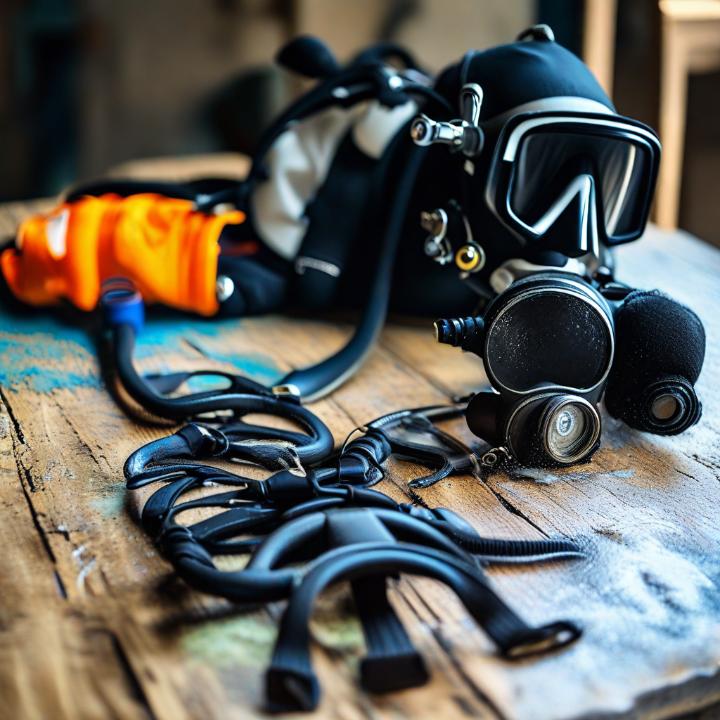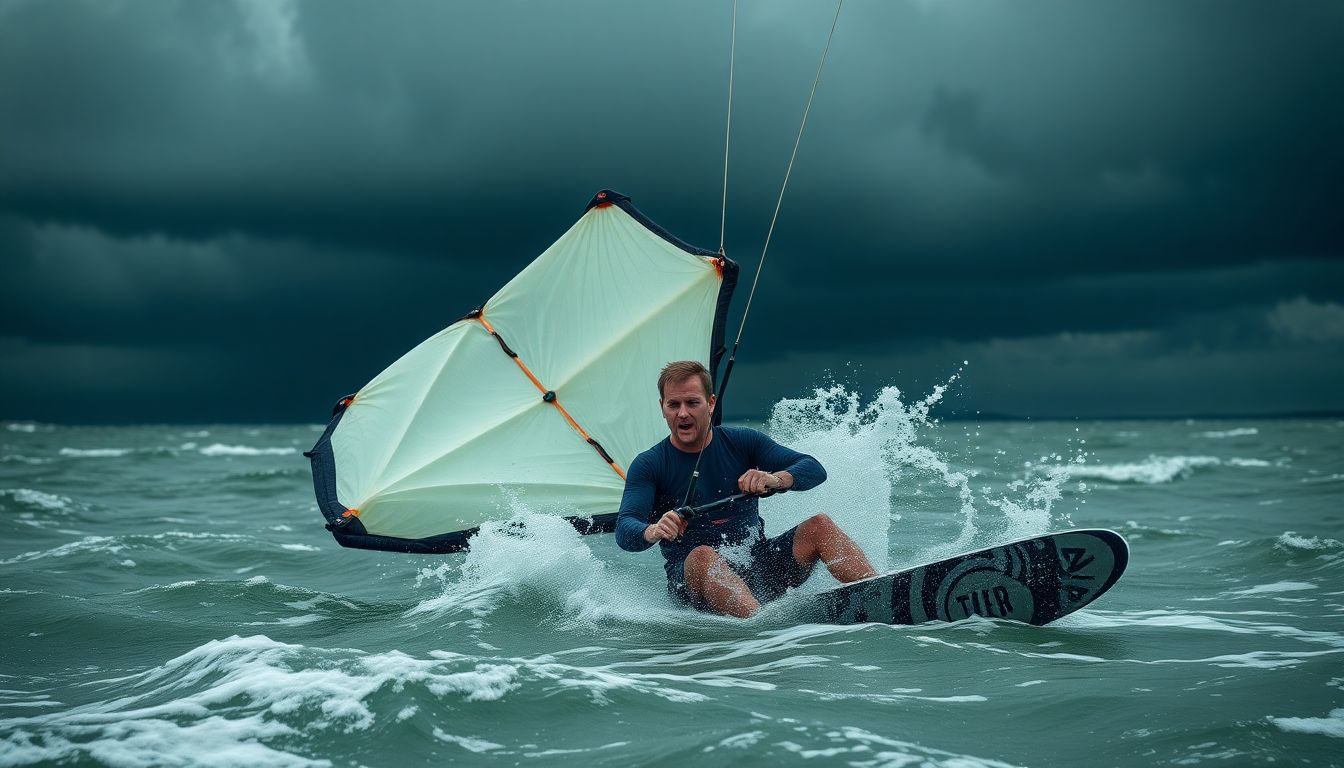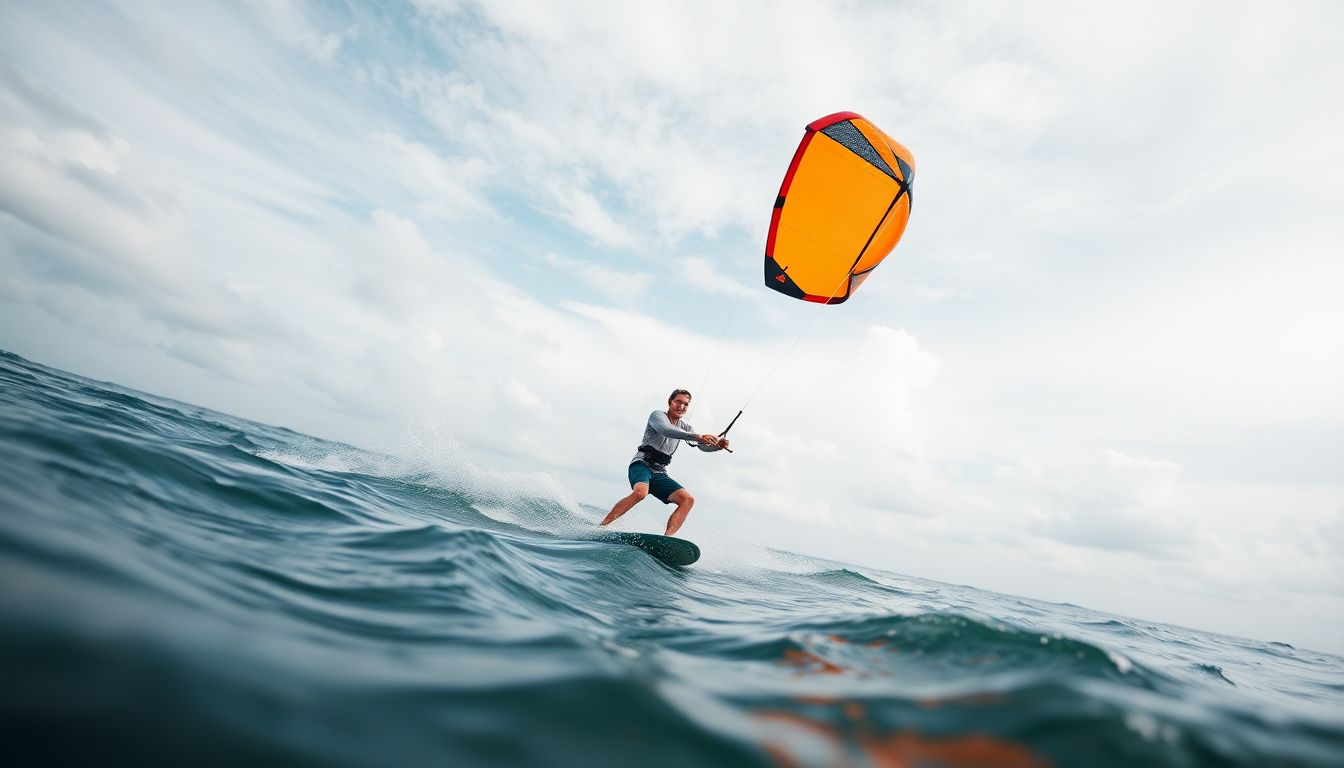Introduction: Unveiling the Underwater World
Exploring underwater can be one of the most thrilling experiences of a lifetime. The ocean’s depths are full of amazing sights, colorful creatures, and stunning landscapes waiting to be discovered. Whether you’re considering snorkeling or scuba diving, both activities invite you into this wondrous world beneath the waves.
[Also see Crazy Fishing: Unique Rituals That Anglers Swear By].
The Allure of Underwater Exploration
Underwater adventures enchant many people. The feeling of floating in water, watching fish swim by and coral dance in the currents is simply magical. With every splash, there’s a chance to discover something new and exciting.
Snorkeling and Scuba Diving: A Quick Overview
Snorkeling is often seen as the simpler of the two options, providing an opportunity to float on the surface while observing sea life below. In contrast, scuba diving allows for deeper exploration, requiring more training and specialized gear. Both offer incredible experiences, but which one’s right for you?
Choosing Your Underwater Path: This Guide Will Help
This guide covers everything a beginner needs to know about snorkeling and scuba diving, helping you make an informed choice.
Snorkeling: Your First Breath of Underwater Wonder
Equipment Essentials for Snorkeling: Mask, Snorkel, Fins
Before jumping in, you need the right gear. The essentials for snorkeling include:
- Mask: A good-fitting mask lets you see clearly underwater.
- Snorkel: This tube allows you to breathe while floating face-down.
- Fins: Fins help you swim with ease and speed.
Mastering the Basics: Essential Snorkeling Techniques and Tips
Snorkeling is easy to pick up! Here are some tips:
- Practice Breathing: Before entering the water, practice breathing through the snorkel.
- Stay Calm: If you feel anxious, take slow, deep breaths.
- Keep Your Head Down: This helps you see better and stay stable.
Ideal Snorkeling Locations: From Calm Bays to Coral Reefs
Some top spots for snorkeling include:
- Calm Bays: Ideal for beginners due to gentle waves.
- Coral Reefs: Home to vibrant marine life and stunning visuals.
- Coastal Pools: Safe places to explore shallow waters.
Scuba Diving: Exploring the Depths
Getting Started: Scuba Diving Certification and Training
Scuba diving requires certification, which involves:
- Classroom Learning: Understanding the equipment and safety rules.
- Pool Practice: Getting comfortable with gear in a controlled setting.
- Open Water Dives: Actual dives with a certified instructor to gain experience.
Essential Scuba Gear: Beyond the Basics
Beyond a mask and fins, scuba diving requires:
- Tank: Holds compressed air for breathing.
- Regulator: Controls airflow from the tank to your mouth.
- Wetsuit: Keeps you warm and provides some protection.
Safety First: Understanding Scuba Diving Risks and Precautions
Scuba diving, while thrilling, has risks. Key precautions include:
- Buddy System: Always dive with a partner for safety.
- Equalize Pressure: Clear your ears during descent to avoid discomfort.
- Stay Within Limits: Know your dive limits and stick to them.
Snorkeling vs. Scuba Diving: A Detailed Comparison
Depth and Duration: Exploring Limits
- Snorkeling: Usually limited to shallow waters, observing marine life for a few hours.
- Scuba Diving: Can reach deeper water, with dives lasting 30 minutes to an hour or longer.
Cost and Accessibility: Budget-Friendly Options vs. Investment
- Snorkeling: Generally more affordable; gear can often be rented.
- Scuba Diving: Higher cost due to training, equipment, and rentals.
Physical Requirements: Fitness Levels and Limitations
- Snorkeling: Suitable for almost everyone, requiring basic swimming skills.
- Scuba Diving: Requires a certain level of fitness and comfort in the water.

Which Adventure is Right for You? Assessing Your Needs and Preferences
Consider Your Budget and Time Commitment
Think about how much you’re willing to spend. Snorkeling is cheaper and usually takes less time, while scuba diving requires more money and preparation.
Assess Your Comfort Level in Water and Physical Fitness
Are you comfortable in water? If anxiety creeps up, snorkeling may be a better first step. Scuba diving takes more skills and confidence.
Think About Your Adventure Style and Expectations
Do you prefer a relaxed experience or a more thrilling adventure? Snorkeling is perfect for leisure, while scuba diving offers deeper exploration and excitement.
Taking the Plunge: Your First Underwater Experience
Finding Reputable Operators and Instructors
Look for well-reviewed dive shops or snorkeling tours. Read testimonials and check online ratings to ensure safety and quality.
Planning Your Trip: Choosing the Right Location and Time of Year
Research places known for their clear waters and rich marine life. Different locations may offer better experiences in certain seasons.
Post-Dive Care: Tips for a Smooth Experience
After your adventure, remember to hydrate and relax. Protecting your skin from sun after swimming is also important!
Conclusion: Embracing the Underwater World
Key Takeaways: Choosing Your Perfect Underwater Adventure
Snorkeling and scuba diving both promise incredible experiences. Your choice depends on your comfort, budget, and what you seek in an adventure. For more info see here.
Inspiring the Next Generation of Water Enthusiasts
Dive into the underwater world and inspire others. Whether you choose snorkeling or scuba diving, the ocean is waiting for you!








